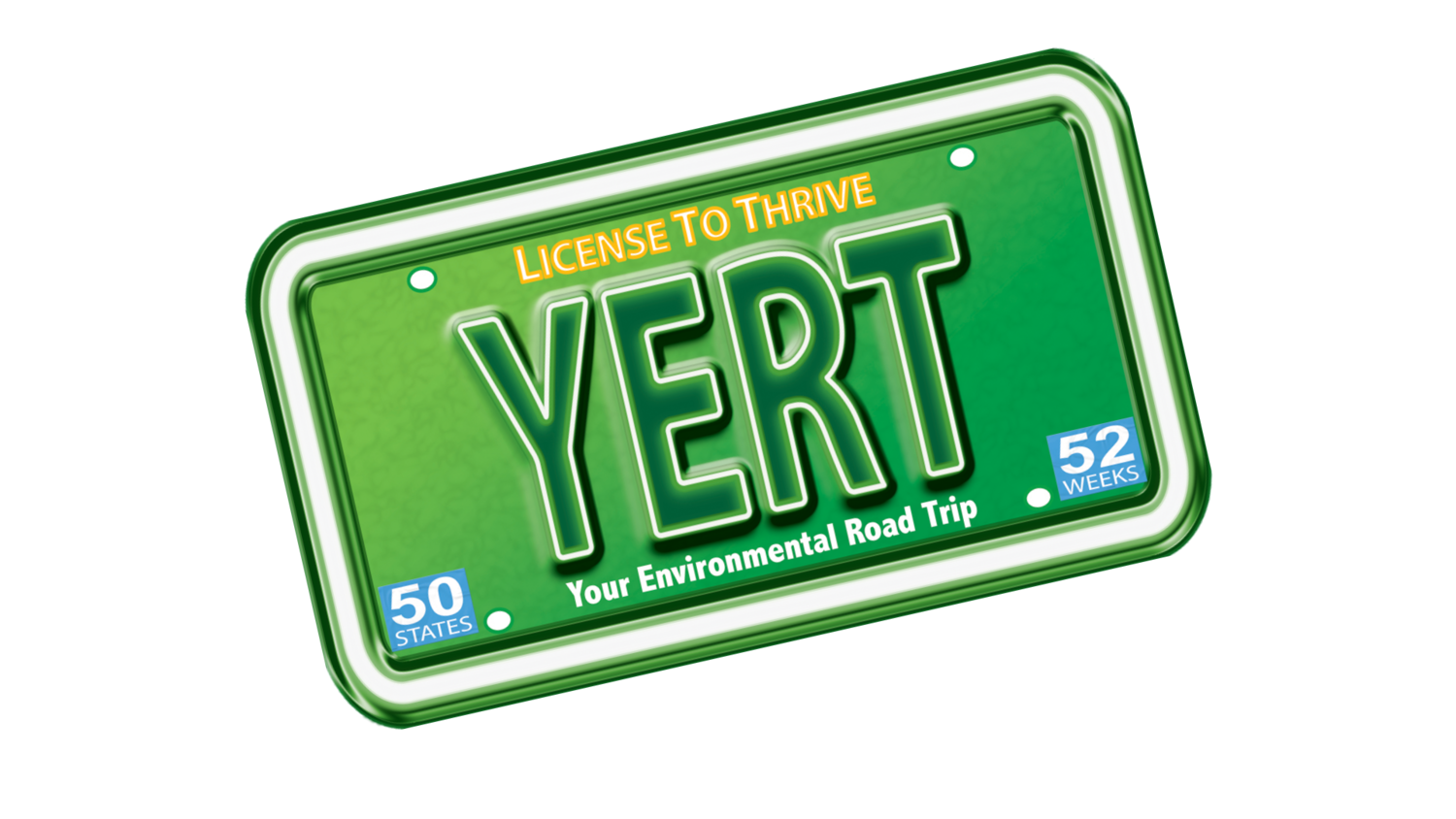New Video - YERTpod4: Gunga Gunga in New Jersey
Dear YERTians,We spent most of our time in New Jersey learning about the wetlands of Barnegat Bay, and now we have the video to prove it!Just click here or the picture below to watch "YERTpod4: Gunga Gunga in New Jersey" William "Willie" deCamp Jr. guided us through a multi-faceted multi-day tour of Barnegat Bay, introducing us to the people who work to protect this fragile wetland. We literally got a taste of "gunga gunga," and found out why it grows and what it means for the surrounding waters. We also got a taste of Mark's favorite food (oatmeal) turned into his other favorite food (ice cream) while speaking to a charming local leader working for clean water on the New Jersey shore. We dare you to guess her name. We finish the video pod with the birth of a compost pile.Enjoy the Show,Ben, Julie, and Mark (Your YERT Team)team@yert.comP.S. And now for the Breadcrumbs! If you want to learn more about the topics in this video, check out these three resources:
William "Willie" deCamp Jr. guided us through a multi-faceted multi-day tour of Barnegat Bay, introducing us to the people who work to protect this fragile wetland. We literally got a taste of "gunga gunga," and found out why it grows and what it means for the surrounding waters. We also got a taste of Mark's favorite food (oatmeal) turned into his other favorite food (ice cream) while speaking to a charming local leader working for clean water on the New Jersey shore. We dare you to guess her name. We finish the video pod with the birth of a compost pile.Enjoy the Show,Ben, Julie, and Mark (Your YERT Team)team@yert.comP.S. And now for the Breadcrumbs! If you want to learn more about the topics in this video, check out these three resources:
- Ecological Society of America - The ESA has quite possibly created the best introductory document I've found on the topic of nonpoint water pollution and clean-up options: http://www.esa.org/science_resources/issues/FileEnglish/issue3.pdf . From the article: "Eutrophication is currently the most widespread water quality problem in the U.S." "Eutrophication means the fertilization of surface waters by nutrients that were previously scarce."
- A fun, picture-filled introduction to New Jersey wetlands: http://www.brookdale.cc.nj.us/staff/sandyhook/tripdata/wetland/index.htm. An interesting tidbit from the page: "About 916,000 acres, or 19% of New Jersey, is wetlands, which seems like a lot; but the bad news is that about 40% of the original 1,500,000 acres has been lost to dredging and filling, dams, farming, development and highways."
- And a little background on Willie's efforts to Save Barnegat Bay: http://www.savebarnegatbay.org/news_213.shtml. From the page: Barnegat Bay is like a garden that is getting too much fertilizer and no weeding, said William deCamp Jr., Chairman of Save Barnegat Bay. The result is an unhealthy ecosystem that provides less sustenance and enjoyment for humanity.
